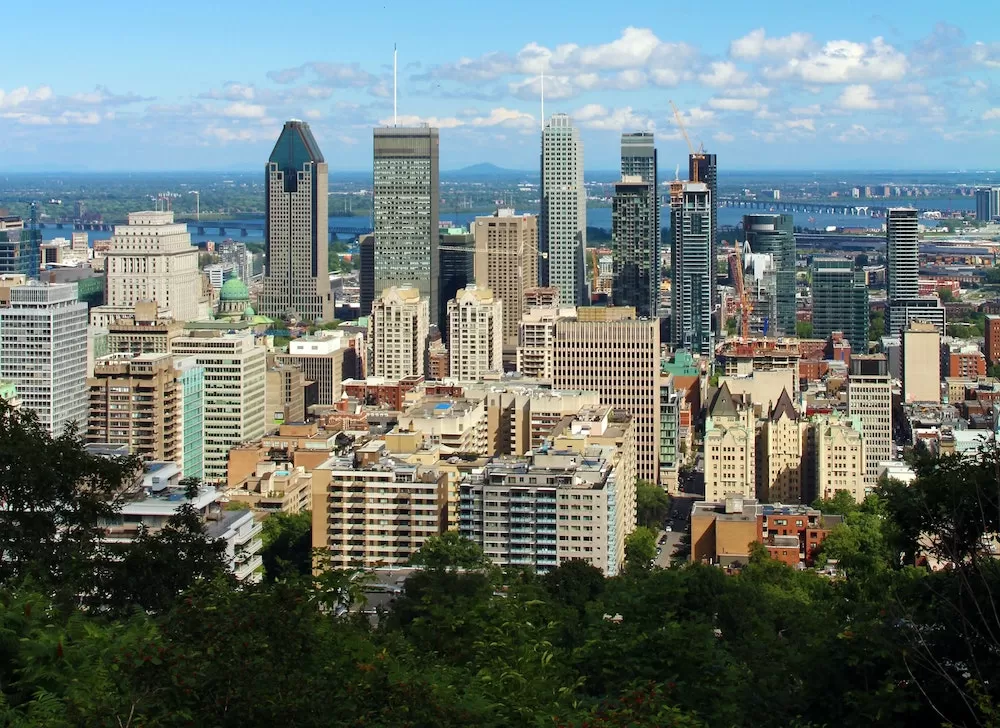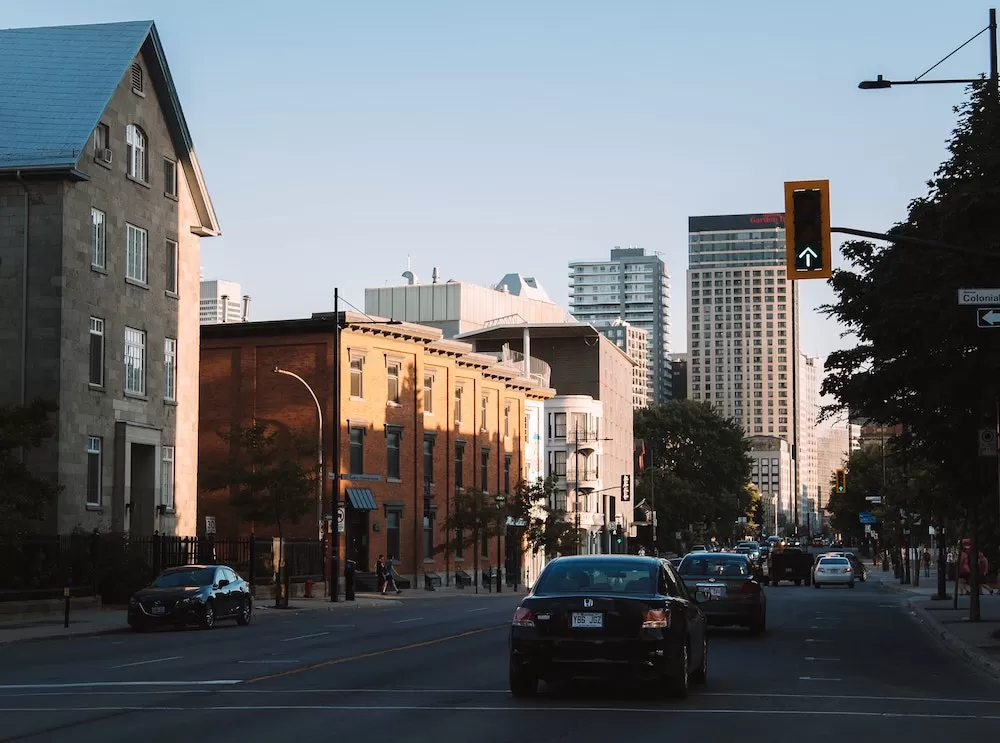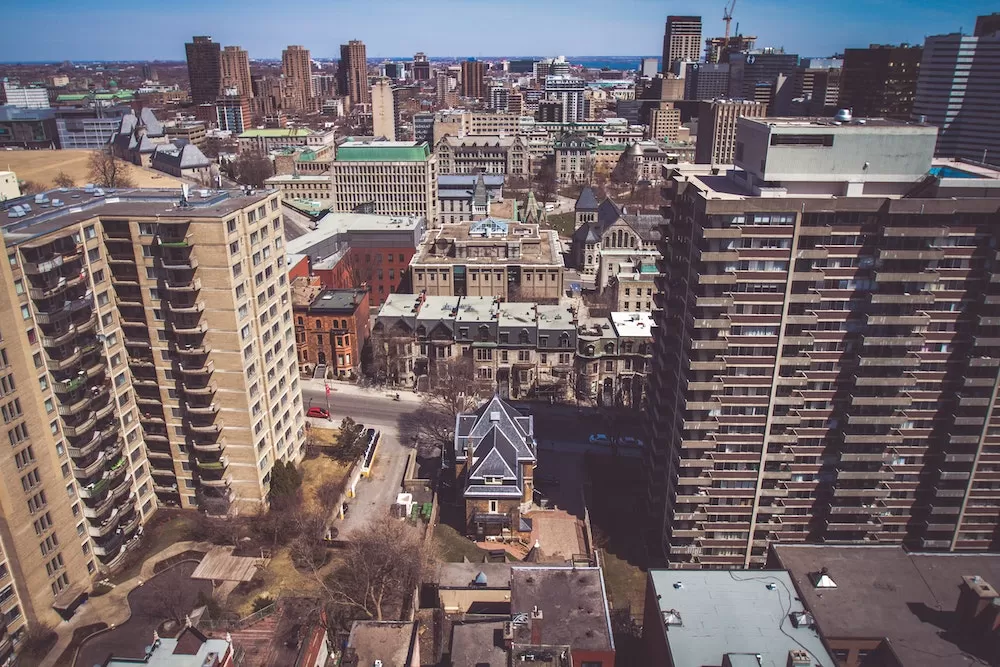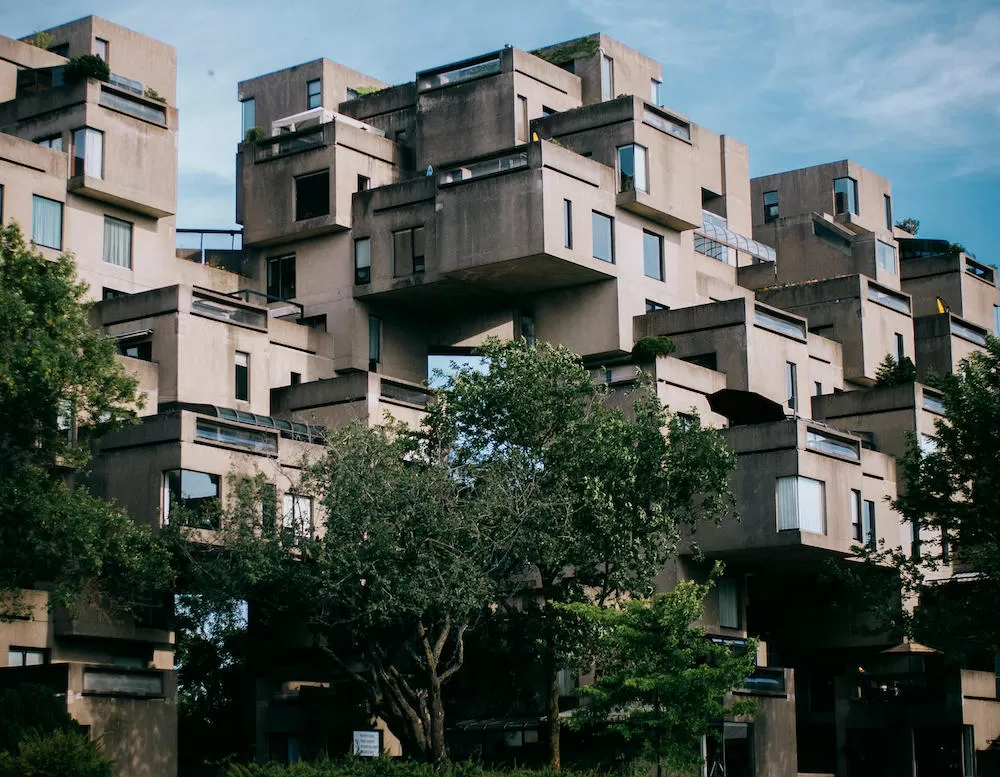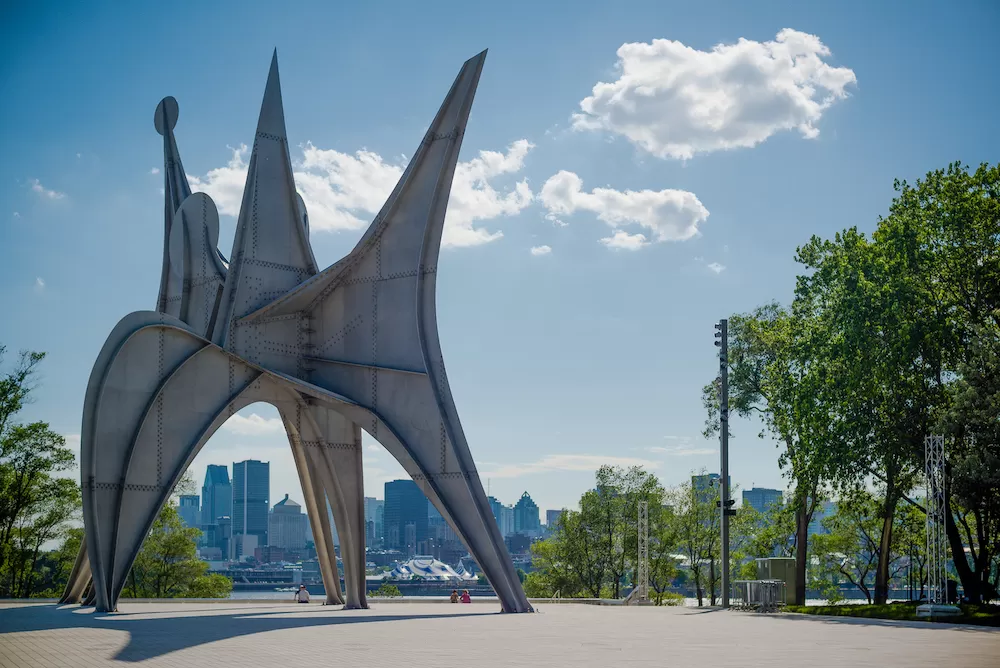Moving to Montreal—or to any other place, for that matter!—isn't easy. It's never easy! You're basically starting from scratch! And as beautiful of a city as Montreal is, it's not exactly the easiest place to relocate to. If you don't speak French, for instance, then you might have a difficult time settling down here. And then there's the cold weather you have to contend with too. Are you ready for all of that? If you aren't, there's no need to worry. You can always prepare as much as you can. Especially with the help of this guide. Here's what you need to know about moving to Montreal.
Overview
With a current population of 4,277,000 residents, Montreal is a pretty big and populated city. Located in the province of Quebec, it's both the second-largest and the second-most populous city in Canada. And while Canada is mostly an English-speaking nation, the official language here is French. You'll even find more French speakers here than English speakers, which means that learning the language is a must. And as for the weather, the city sees all four seasons. It's coldest here in January with an average low of 10°F (-12.2°C) and it's hottest in July with an average high of 70°F (21°C)
Source: Wikimedia Commons
Getting Around
As far as
public transport in Montreal is concerned, commuters here have nothing to worry about. The city offers many systems in which you can get around with little to no problem at all. The best way to go about this is to get an OPUS Card. It's the city's main travel pass that lets you access most of the public transport systems in the city. This includes the STM Metro system, the STM Buses, and even the Taxibus! And if all else fails, you can always make use of a
transportation app. Car-sharing apps and journey-planning programs also operate here in Montreal.
Source: Wikimedia Commons
Where to Live
Part of relocating to Montreal is choosing a place to stay. And for that, you need to learn more about the different
neighborhoods of Montreal. There's Downtown Montreal, for example, which is the most bustling part of the city. Not only is it Montreal's business district, but it's also where you'll find the liveliest nightlife scene. Old Montreal, on the other hand, is a historic area where the old world charms reign supreme. Think Victorian houses or Gothic architecture. And then there's Côte-Des-Neiges, a former farmland that has become the central area for immigrant communities. To say that the communities here are diverse is an understatement!
Source: Wikimedia Commons
Real Estate
Admittedly, the living costs in Montreal aren't low. This isn't to say that Montreal is an expensive city. In fact, the cost of living here is lower compared to those in Vancouver or Toronto. But that doesn't mean it's low either. Take a look at the common rental fees in Montreal, for example. They currently range from a minimum of C$850.00 to a maximum of C$3,100.00 per month. As for the utility costs, it's roughly C$70.00 to C$200.00 per month. So if you rent a
luxury apartment in Montreal, there's a good chance that it can take a good portion of your bank account.
Source: Wikimedia Commons
Employment
If you're stressed about
getting a job in Canada, you can put your mind at ease! For one thing,
the country's job market is pretty stable right now. As of this writing, Canada's unemployment rate is 5.20%. And among immigrants, it's around 7.6%. These are the lowest they've ever been in quite some time. With industries like commercial banking, IT, and healthcare all earning billions in revenue, you can bet that there are lots of job opportunities in store for you here. You just have to know where to look, whether online, through your network, or even with the help of an employment agency!
Source: Wikimedia Commons
Education
Now, what about education? If you move to Montreal with your entire family, your kids have to continue their schooling, right? Fortunately, the
international schools in Montreal are top-notch! A good example is the
International School of Montreal, which offers both the primary educational program (PP) and the intermediate educational program (PEI). In fact, it's the only school in Quebec that has these programs. And there's the
Kells Academy a notable institution that gives out the Ontario Secondary School Diploma. This can be the key that your kids will need to get to the
top universities in London, the US, France, and more.
Source: Wikimedia Commons
Healthcare
It's a good thing that
Canadian healthcare is universal. This means that the moment you relocate to Montreal and become a full-fledged resident here, you'll be able to access the country's system. You can even avail of various medical services free of charge. Not a bad deal, right? Especially since
hospitals in Montreal are pretty top-notch too!
Montréal General Hospital and the
Shriners Hospital for Children are just a couple that you need to know about. Not only do they employ the finest staff and make use of state-of-the-art medical equipment, but they're also experts in taking care of foreign patients.
Source: Wikimedia Commons
Safety
Now, let's talk about safety too. Is Montreal a safe place to relocate to? The general answer is yes, it is. Overall, the
crime rates in Montreal are pretty low. Its general rate is at 28.40%, a lot lower than other big cities both in Canada and around the world. But make no mistake! This doesn't mean that there's nothing to worry about here. On the contrary, the rate of increasing crimes in Montreal is 51.91%. It's considered moderate but it's still worth worrying about nonetheless. Especially since the highest-rated crimes in the city include corruption, bribery, and drug dealing.
Source: Wikimedia Commons
Taxes
Moving to Montreal means becoming a resident of Canada. And becoming a resident of Canada means paying taxes here too. So it's worth learning a little about
the country's tax system before settling down here. At the very least, you have to familiarize yourself with the income tax here. If you'll be living and working in Canada, this is the tax that will affect you the most. There are even a couple of types of income that you're taxed on. There's your employment income, the profit you earn from your own business, and even the pension you get when you retire.
Source: Wikimedia Commons
Relocation Tips
And finally, some last-minute relocation tips. Firstly, don't forget to
open a local Canadian bank account. It's not exactly a requirement but it will help you in the long run. Especially when you have to pay taxes, go shopping, and more. Don't worry! Regardless of your legal status in the country, you can still set up a local bank account no matter what. Secondly, make sure to
join a local mobile network too. This will make contacting your acquaintances in the city, be they your boss or neighbors, that much easier. And third, learn French! You already know why this is important, right?
Source: Wikimedia Commons
You probably don't need anyone to tell you that moving to Montreal is going to be pretty challenging. Instead, what you need is this relocation guide to show you the ropes. It has all the basics of what you need to know about moving here!
